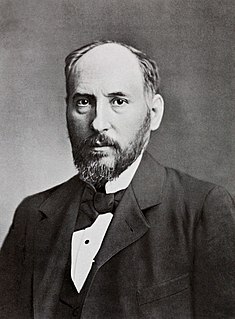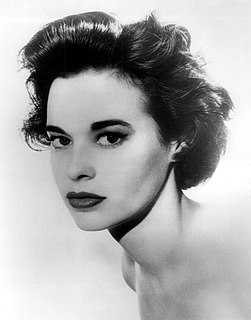A Quote by Alfonso Cuaron
I learned there's an amazing unexplored territory in terms of narrative. Before, I thought the unexplored territory was the form, the way you shoot a movie. Now, I'm learning about the beautiful marriage between form and narrative.
Related Quotes
As a cultural form, database represents the world as a list of items and it refuses to order this list. In contrast, a narrative creates a cause-and-effect trajectory of seemingly unordered items (events). Therefore, database and narrative are natural enemies. Competing for the same territory of human culture, each claims an exclusive right to make meaning out of the world.
I guess the wildcard here is Terrence Malick. He supervised me while I was writing the script for Beautiful Country, and he is a genius, although not always easy to follow. What I learned from him is that the narrative can be tracked through all kinds of scenes, that the strong narrative thread is not always the one that is most obvious. Creating narrative with Malick was a bit like chasing a butterfly through a jungle. This approach to narrative is fun and complicated, something that makes the process of writing constantly interesting to this writer.





































